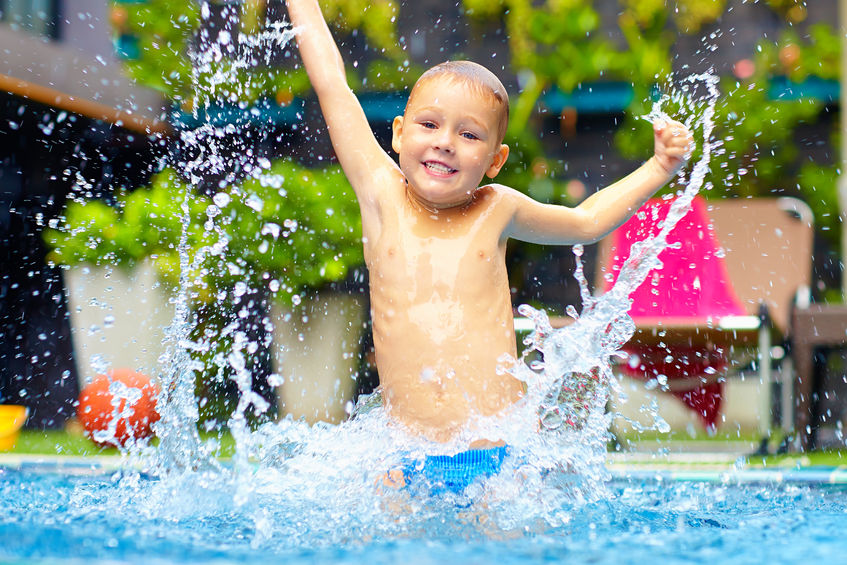National Physical Fitness and Sports Month
May is National Physical Fitness and Sports Month. May might be over, depending on when you’re reading this article, but that doesn’t take away the importance of what the movement stands for.
Contrary to what it may seem, this isn’t so much targeted at who won this weekend’s baseball game or who the new heavyweight champion is. It’s really targeted to raise awareness for the importance of getting physical activity and aiming to achieve movement every day.
It doesn’t matter if you’re 5 or 95, getting some physical activity is very important to your health. Of course, some people may have some limitations in what “movement” is to them, but that’s part of what the health organization tries to put into focus. Movement and exercise is a relative term. So is “sports”. It doesn’t matter what the movement is, or what you personally define as a sport, the vital part is that you practice it.
Exercise isn’t just a tool to lose weight and stay in an ideal body fat zone.
The benefits that it has on you depend on your age:
Children – Exercise and consistent movement for children can improve bone health and cardiovascular (heart) health. In children who are overweight, exercise can improve function in the brain and control weight.
Adults – For adults, exercise can help lower the risk of heart disease and type 2 diabetes. It can also lower your risk of some cancers, keep your weight balanced, improve your mental health and mood, and even prolong your life.
Click Here to Read Our Blog on Exercises for Those with Diabetes
Older Adults – Exercise, even on a very basic and low impact level can help with cognitive function. Unfortunately, an increasing amount of older adults experience impaired cognitive function as they age, but you can intervene early by introducing a steady amount of exercise and physical activity into their lives.
This isn’t news for a lot of us. However, even if you do know all of the benefits that exercising and participating in sports or related activities can offer, you can still build on that. In honor of National Physical Fitness and Sports Month, take the opportunity to educate your friends and family members of the importance of getting fit and staying healthy. Sometimes, people need that extra push or to just know that someone is willing to do activities with them.
Have a parent who spends a lot of time inside? Ask them to go on a walk with you.
Have a child who spends a lot of time playing video games? Invite them to an arcade where you can play physical fitness games together, such as air hockey.
Have an elderly parent or family member who doesn’t get out or is wheelchair bound? Engage them in physical fitness activities that they can do. Walk small distances. Have a catch with a ball. Even playing a game of checkers enables them to get their arms moving and keeping their brain functioning.
It doesn’t matter what your physical “capacity” is. The reason that National Physical Fitness and Sports Month exists is to encourage people to turn those inabilities into abilities.
References:
1. Make sure you discuss any exercise program or changes with your doctor first before beginning. Inform your doctor of your medical history and medical conditions; your medical professional can work with you to prescribe the right program for you based upon your medical history.
2. https://www.hhs.gov/fitness/resource-center/physical-activity-resources/index.html












